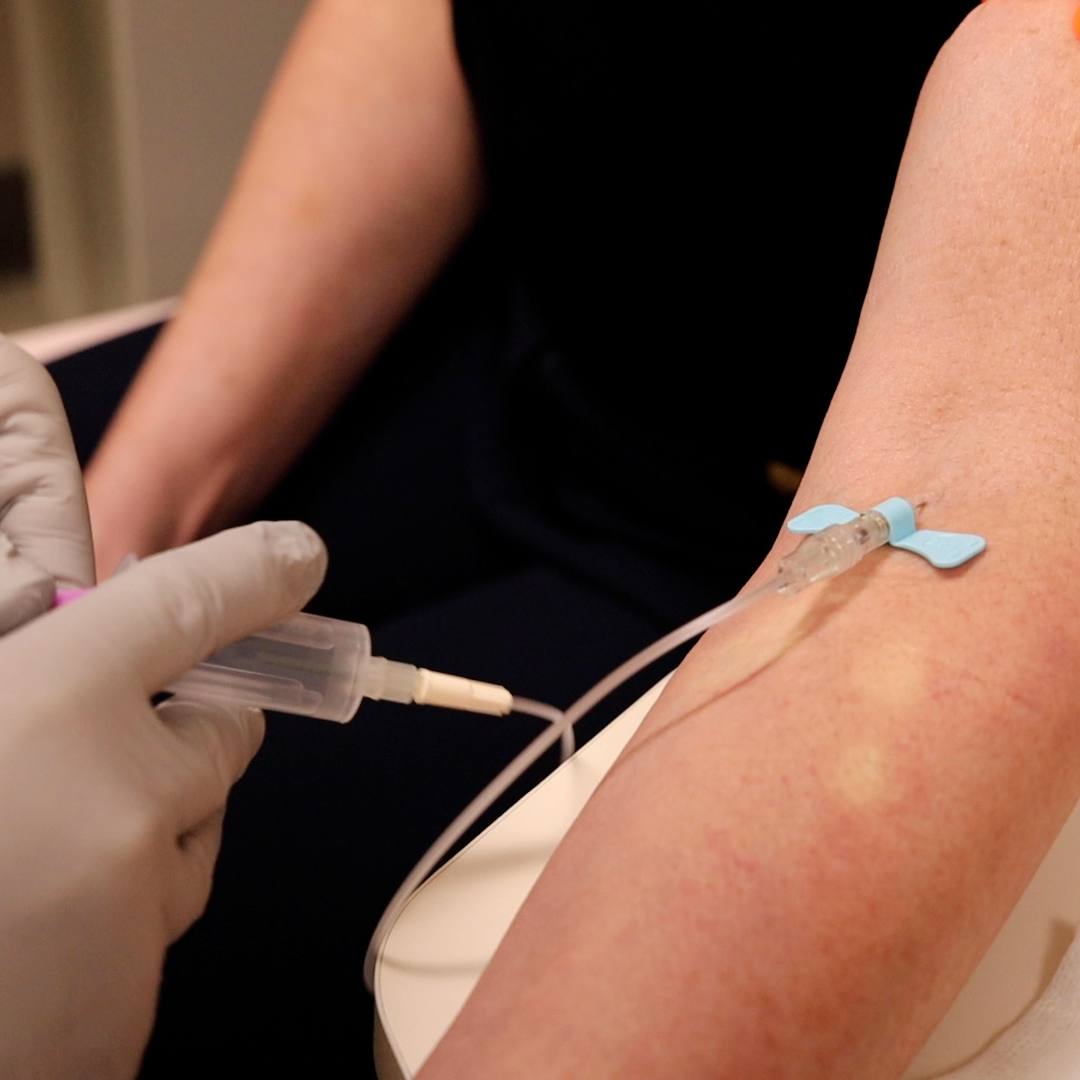
National Influenza Vaccination Week will be observed Dec. 5–11, which makes this a good time to learn more about the flu and why you need to get a flu shot.
What many people call the flu is actually viral gastroenteritis, or stomach flu, which is characterized by diarrhea, nausea, and abdominal cramps and pain. Influenza is the true flu. It's a viral infection that attacks your respiratory system, including your nose, throat and lungs.
At first, flu may seem like a common cold, with a runny nose, sneezing and sore throat. But while colds usually develop slowly, flu tends to come on suddenly. And although a cold can be a bother, you usually feel much worse with flu.
For most people, flu resolves on its own. But sometimes flu and its complications can be deadly. People at higher risk of developing flu complications include young children, pregnant women and those two weeks postpartum, those over 65, those with weakened immune systems and some chronic illnesses, and those who are obese.
Usually, you'll need nothing more than rest and plenty of fluids to treat flu. But if you have a severe infection or are at higher risk of complications, your health care provider may prescribe an antiviral drug to treat the flu.
Unlike the common cold and stomach flu, there is a vaccine for flu. While it's not 100% effective, getting vaccinated for flu can reduce your risk of becoming infected with flu, and lessen its severity and lower your risk of hospitalization if you are infected.
The Centers for Disease Control and Prevention and Mayo Clinic recommend a yearly flu vaccination for everyone 6 months and older, with rare exceptions. Vaccination is your best defense against flu. If you haven't gotten your flu shot yet, now's the time.
Connect with others talking about health and living well in the Healthy Living support group on Mayo Clinic Connect, an online patient community moderated by Mayo Clinic.
Related Articles







